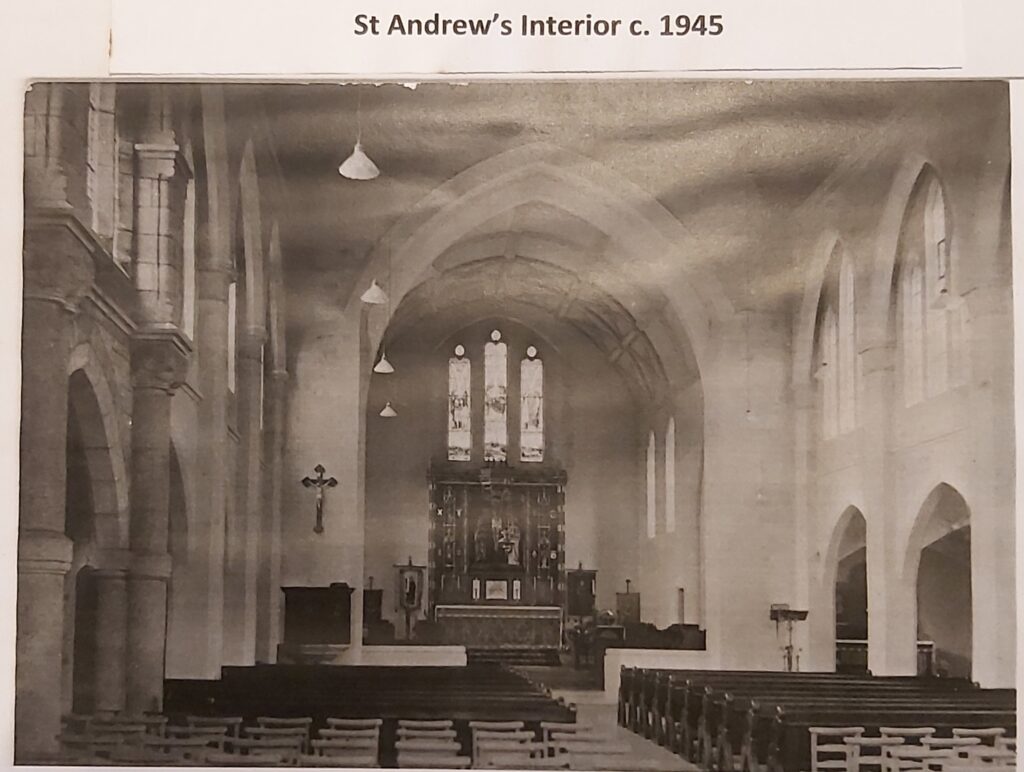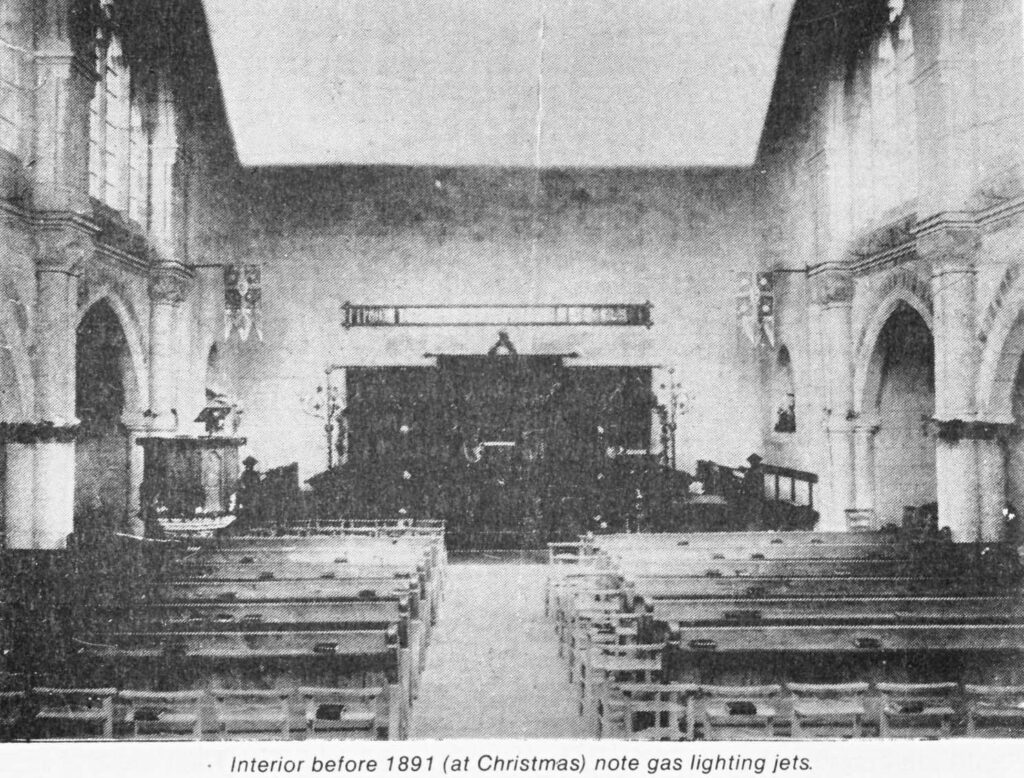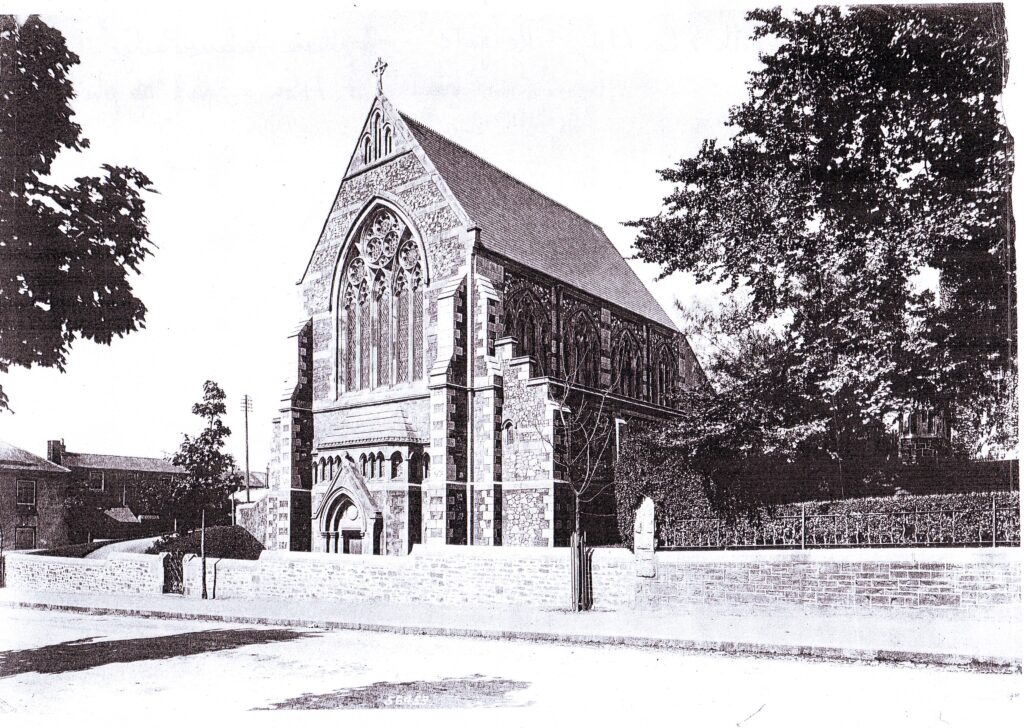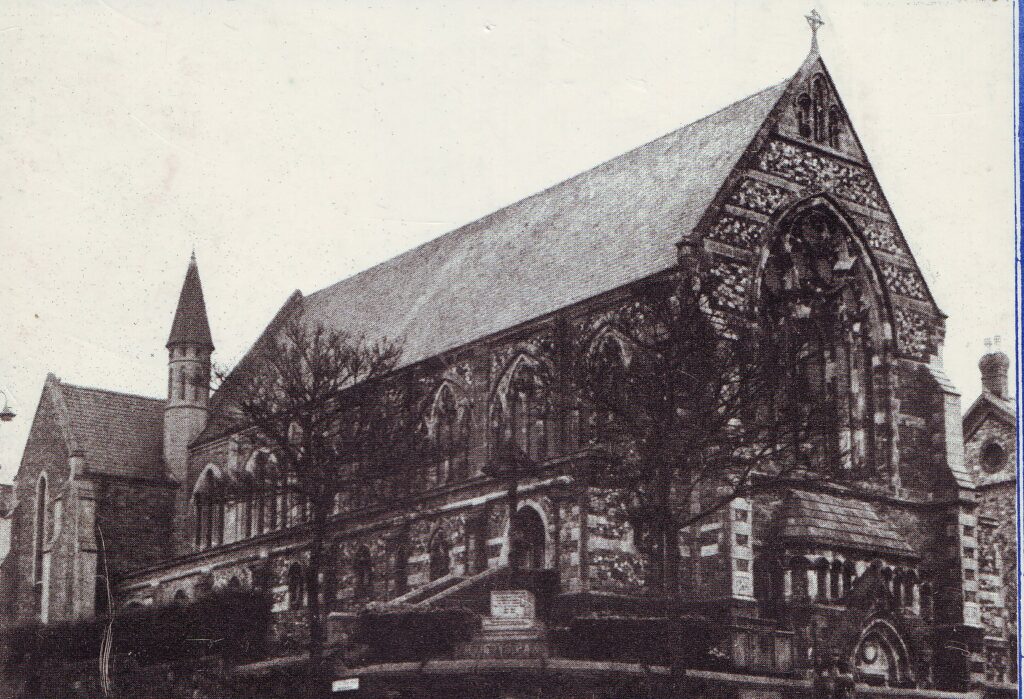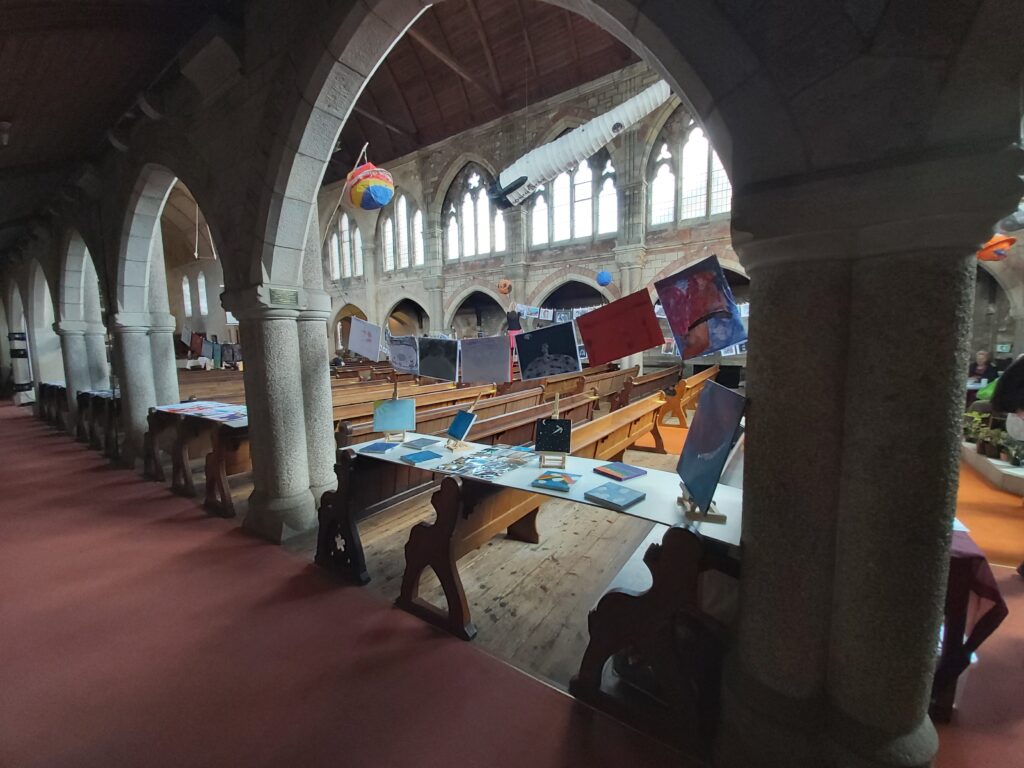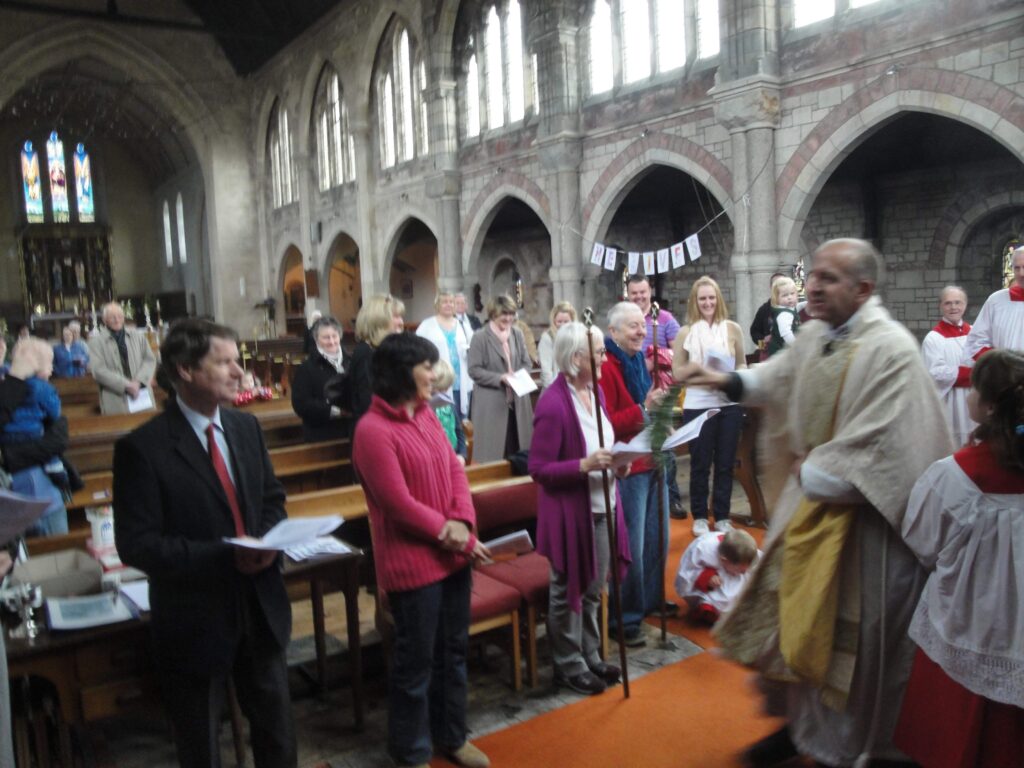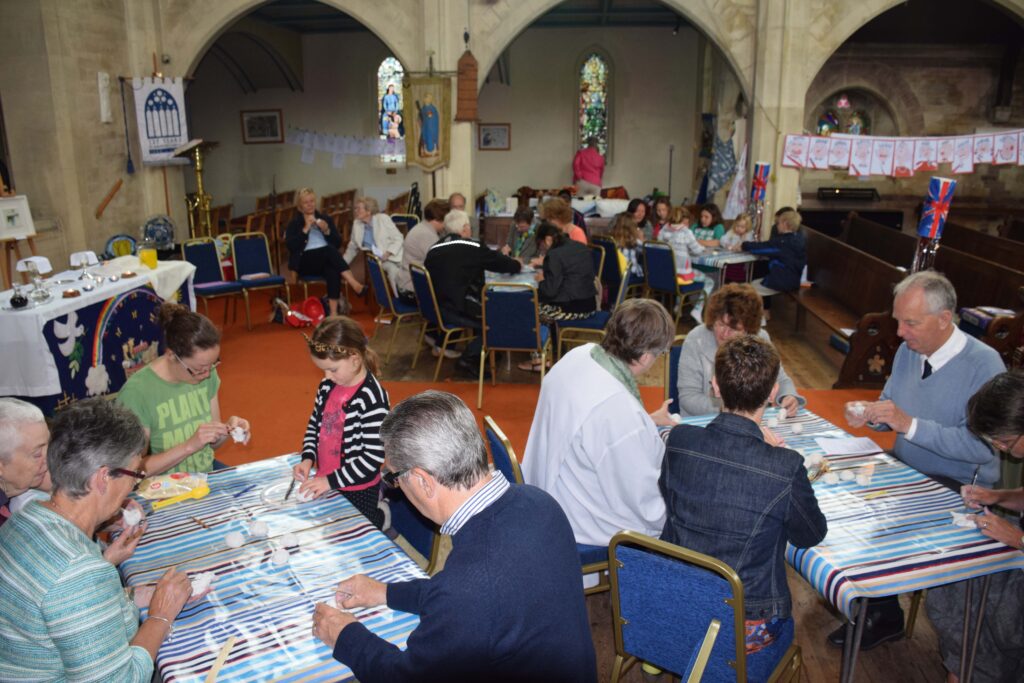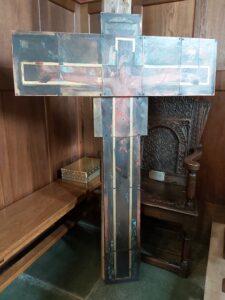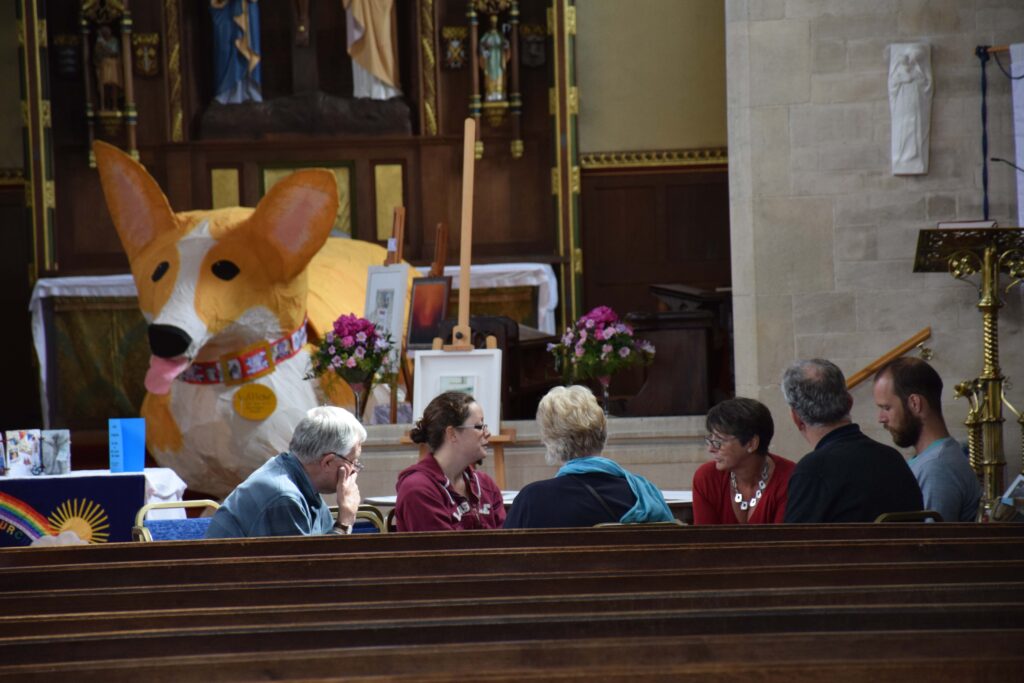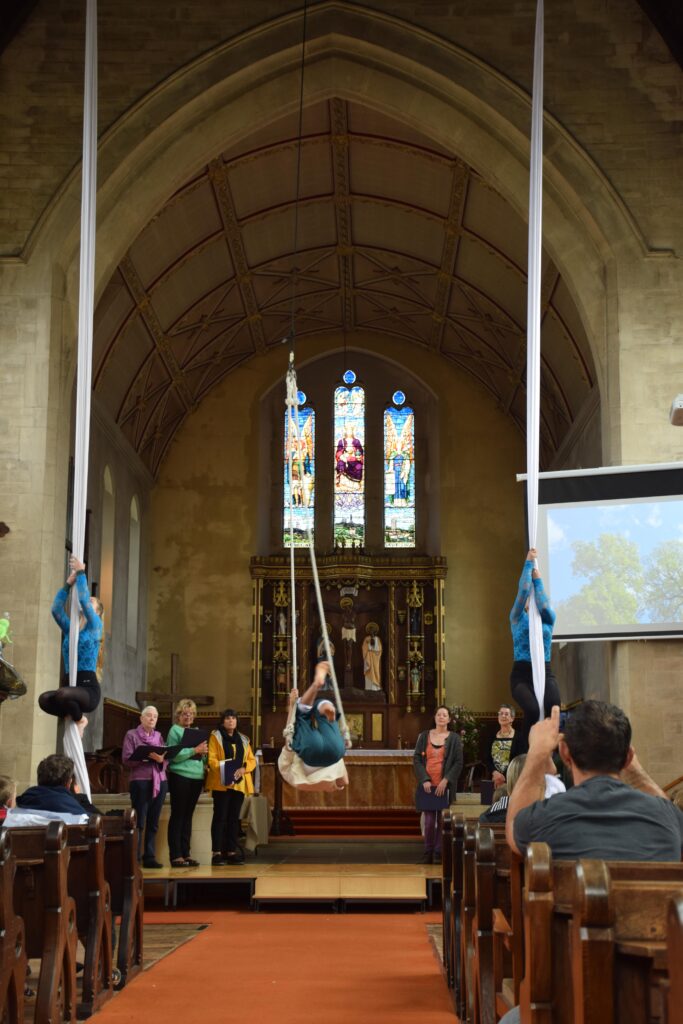143
CV Thought for the Day – Advent Sunday by Didymus
Evensong
Readings Isaiah
ch.52, vv1-12 Matt.
ch.24, vv15-28
As
the late and great John Arlott used to say when commentating on test cricket,
in his lovely Hampshire drawl, “Oh dear!
oh dear! oh dear!”, when another wicket was knocked flying.
One
of the glorious things about the Church of England is that there is always a well-meaning
type who proposes something totally out of context, rather strange if not
utterly barmy. Bless them, they really
do make a pedestrian life much more colourful.
The
latest wheeze (how else can one describe
it?) is to set aside the devotions of Advent in favour of a great football
festival being played in the scorching sand of Qatar, on the premise that
England will not have been knocked out, and nobody will come to church. I read an account in the Guardian, and took
it for a joke, strange for an excellent if serious paper. Apparently it wasn’t. And it gets better! I quote from The Guardian:-
In an effort to avoid a potential
clash between the Three Lions and the three kings, the Church of England is
advising vicars to reschedule Christmas carol services due to be held on World Cup final day. The guidance to clergy, under the
heading “Making
the most of the World Cup final”, warns of the possible difficulties
of holding a carol service on Sunday 18 December. The Sunday before Christmas
is a traditional time for afternoon or evening festive services.
With the final due to kick off at
3pm, the C of E says services “could still be possible if you choose the time
carefully … but what if there are penalties?! It may be best to avoid that day
altogether and host a carol service on Saturday 17 instead.” But it adds: “Despite this clash of dates,
football and faith don’t have to be at odds with one another.” Football and the church have a “conjoined
heritage”, it says, as several Premier League clubs “started up as parish
church football teams, set up for the health and wellbeing of those local
communities”. The guidance suggests
ideas for how parish churches could encourage people to “use the World Cup as a
missional tool this Advent and Christmas”.
And so it goes on. While we laugh or growl at extravagant ideas,
wait awhile, for there serious issues involved here, and not just who sings the
solo in the service either.
Actually it focuses attention on a number of uncomfortable facts. Firstly the observance of the most important
event in world history goes over so many heads, despite the belief and teaching
of the church. That is sad.
Qatar? In many ways a hell-hole,
that criminalises homosexuality and discriminates against migrant workers and
women. It is no better than most of its
neighbours in its savage treatment of those who do not comply or obey. Just think of Iran.
Football? The last time we won
was in 1966 when as host nation we had a bye into the last 16. We had a great team, but so did others. It is just a game, but we hope for successes
for the young men playing. As Bill
Shankly, the famous Scottish manager of Liverpool FC once said “Football?
It’s not a matter of life and death: it’s far more important than that!”
Advent is a time of preparation, a time of prayer, a time to retrace the
events of the past, when God came in human form as Jesus, to speak to us, teach
us and lead us through this mortal life to eternal life. Through his Holy Spirit, he invested his Son
with the power to perform miracles. Do
we understand? Of course not – we don’t
have the slightest idea who God is, do we?
The Supreme Being is neither human nor spirit, neither man nor woman,
but a possessor of infinite power and love who is still creating. He communicates with us by drawing us into
belief and prayer, but we know no more than that, however simple or learned we
may be. It was Abram who first realised
that an awareness had been imprinted on his consciousness. That is as far as we know, for in ancient
times there seems to have been an acceptance that there were limits to the
powers of humankind and a greater power existed elsewhere.
So
there we are, the Church triumphant! Got
your rattle and club badges?
Whenever the game is over, spare some time to pray for the populations
of the Gulf, confined by those who should be praying and loving them, women and
men of all types, migrant workers grubbing for a pittance, and the sighing of
the imprisoned.

AMEN
